Paris Syndrome: A Cultural Phenomenon Impacting Asian Travelers
“A fairy tale city, a dream city, if you get caught in its net you disappear forever...” - these lines from the song of the once famous Russian group “Dancing Minus” perfectly encapsulate the allure and mystique of Paris. The city of love and lights, with its iconic landmarks like the Eiffel Tower, Champs Elysees, and Notre Dame Cathedral, has long captured the imaginations of travelers worldwide. However, for some particularly impressionable Asian visitors, the reality of Paris often falls short of their romanticized expectations, leading to a phenomenon known as “Paris syndrome”.
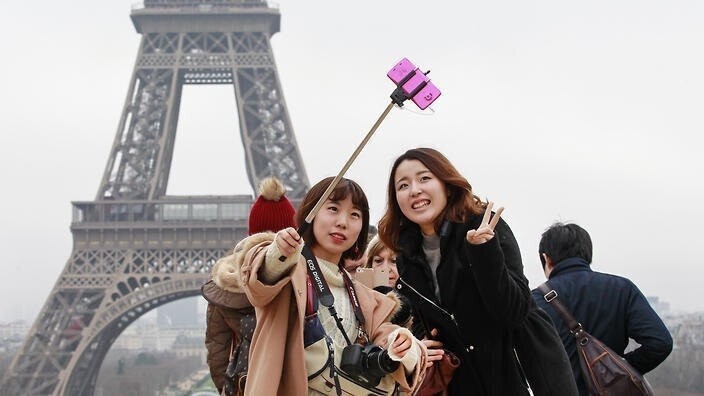
The Discrepancy Between Expectation and Reality
Dr. Hiroaki Ota, a Japanese psychiatrist working in France, first identified the “Paris syndrome” in 1986. He observed that the condition primarily affects Asian tourists, particularly the Japanese, whose idealized visions of Paris clash sharply with the city’s gritty realities. The pristine images of Paris portrayed in media and popular culture often fail to acknowledge the city’s challenges, such as homelessness, rudeness from locals, and overall urban grit.
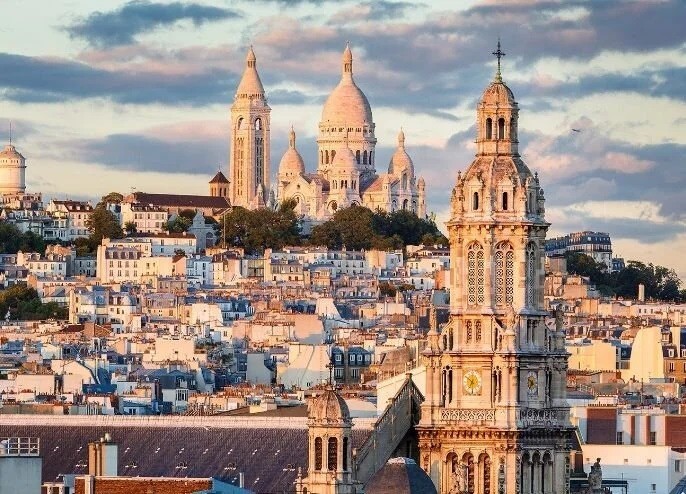
Cultural Fascination Turned Disillusion
For many Asians, especially the Japanese, Paris represents the epitome of Western culture and sophistication. The rich history, art, and ambiance of the French capital hold a special allure for those who have long admired French literature, language, and fashion. However, the stark disconnect between their expectations and the less-than-perfect reality they encounter can trigger a severe emotional response, characterized by feelings of disillusionment, anxiety, and even panic.
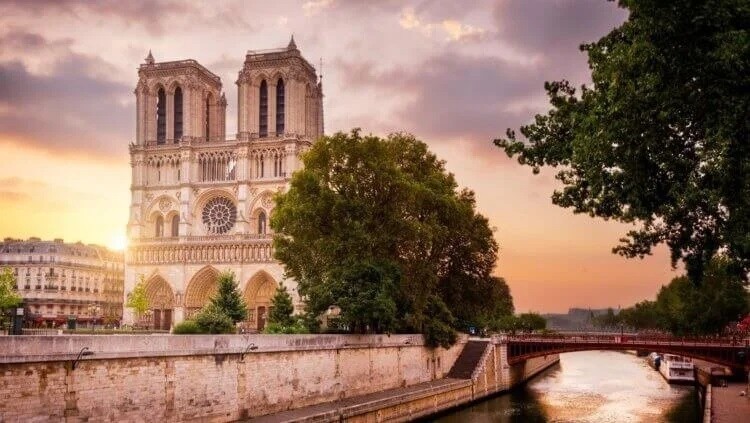
Symptoms and Coping Mechanisms
Asian travelers experiencing “Paris syndrome” may exhibit symptoms such as acute anxiety, palpitations, dizziness, and feelings of persecution. The sudden realization that their idealized image of Paris does not align with the bustling, imperfect metropolis they encounter can lead to a state of shock and disbelief. To cope with this cultural dissonance, some tourists may seek solace in familiar comforts, such as Japanese cuisine or group tours that offer a sense of security and structure.
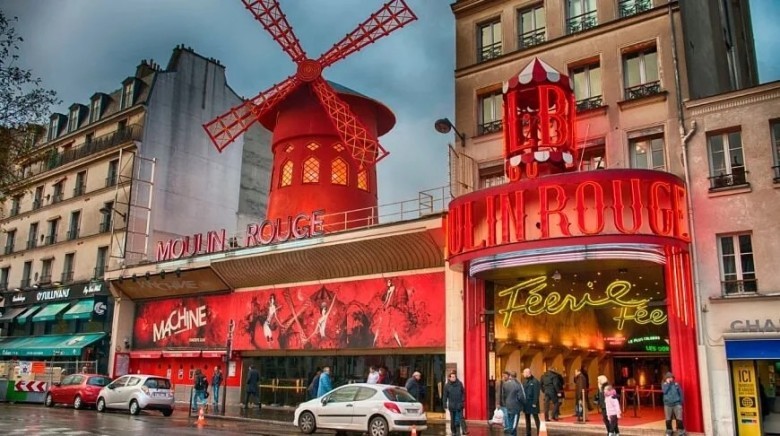
Raising Awareness and Understanding
As the impact of “Paris syndrome” continues to be studied and documented, efforts are being made to raise awareness among both travelers and tourism professionals. By better preparing Asian visitors for the potential discrepancies between their expectations and the reality of Paris, steps can be taken to mitigate the psychological distress associated with this phenomenon. Through cultural sensitivity training and enhanced support services, the tourism industry can better accommodate the diverse needs of travelers from around the world.
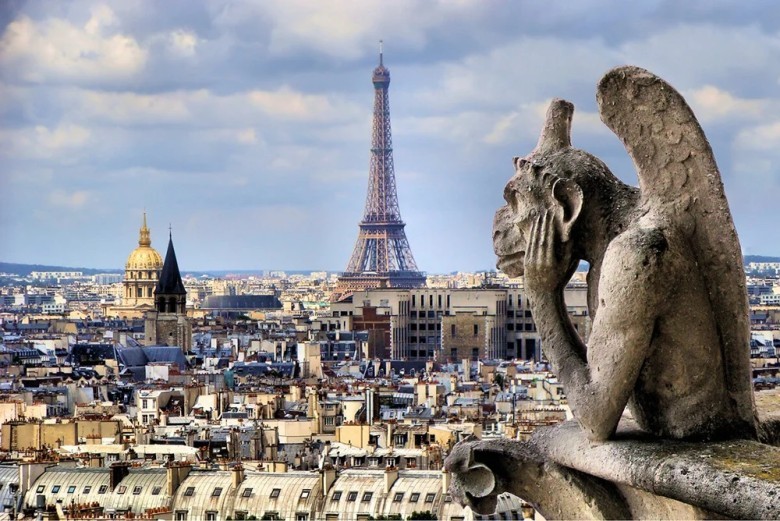
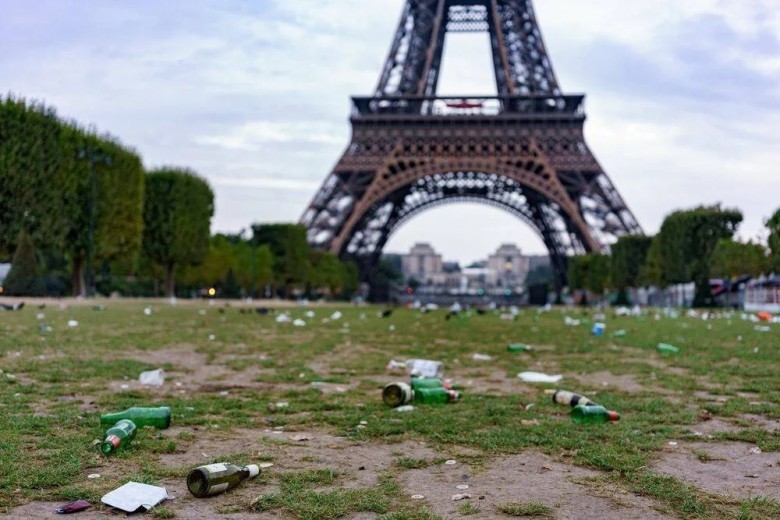
The Cultural Struggle of Japanese Tourists in Paris
When Japanese tourists set foot in the enchanting streets of Paris, they are often greeted with more than just the iconic landmarks and vibrant culture they expected. The clash between their romanticized visions of the City of Light and the stark realities of their experience can give rise to a phenomenon known as the "Paris syndrome". This cultural struggle is fueled by a variety of factors, from language barriers to differing societal norms, leaving many Japanese visitors feeling disoriented and overwhelmed.
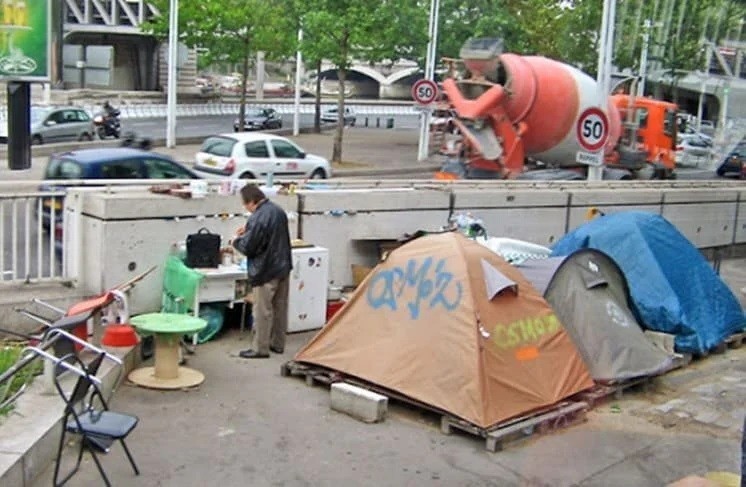
The Language Barrier and Cultural Divide
One of the major challenges faced by Japanese tourists in Paris is the significant language barrier. While English is commonly used in international settings, the French are known for their preference to communicate in their native language. This linguistic obstacle can lead to feelings of isolation and frustration for Japanese visitors who struggle to navigate daily interactions and seek assistance when needed. The inability to effectively communicate exacerbates the sense of unease and discomfort that many tourists experience in unfamiliar surroundings.
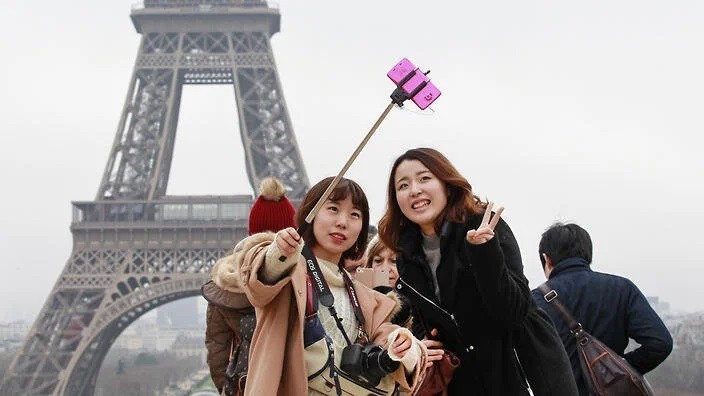
Cultural Dissonance and Expectation Misalignment
In addition to the language barrier, Japanese tourists often encounter a cultural divide that contributes to their sense of alienation in Paris. The perceived arrogant and boorish attitude of the local population, radical differences in mentality, and the bustling nature of the city itself can shatter the idyllic image of Paris that many visitors hold. The stark contrast between their expectations of warm hospitality and the reality of urban life in Paris can trigger feelings of anxiety and disillusionment, leading to a psychological strain known as the "Paris syndrome".
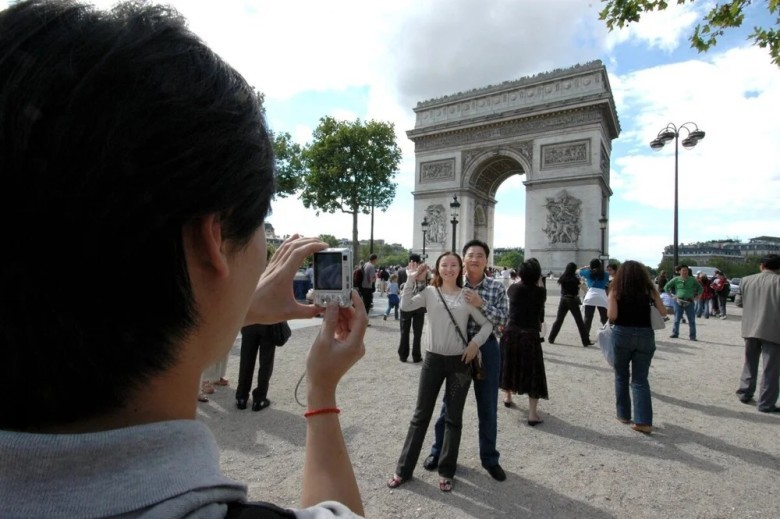
Vulnerable Demographics and Psychological Impact
Psychiatrist Hiroaki Otoi highlighted that women under 30, such as the wives of diplomats, and young Japanese men are particularly susceptible to the effects of the “Paris syndrome”. These demographic groups, anticipating a romanticized and picturesque experience in Paris, may find themselves grappling with panic attacks, delirium, and hallucinations when faced with the harsh realities of city life. The discrepancy between their idealized perceptions and the actual environment they encounter can provoke intense emotional responses that require professional intervention to address.
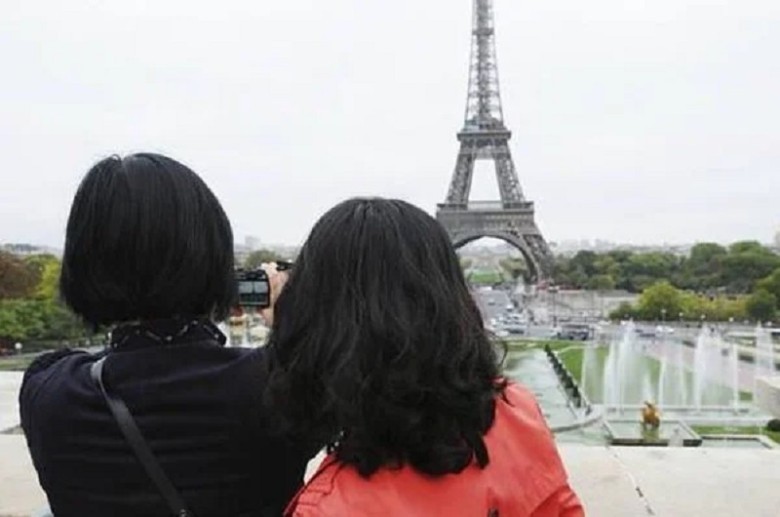
Psychological Support and Recognizing Cultural Misunderstandings

As the concept of the “Paris syndrome” gains recognition beyond the context of Paris and the Japanese, it serves as a reminder of the intricate relationship between expectations and reality in the realm of travel and cultural immersion. By acknowledging the psychological impact of unmet expectations and providing support services for affected tourists, the tourism industry can foster a more inclusive and understanding environment for all visitors. Cultivating a greater awareness of cultural differences and promoting cross-cultural exchanges can help mitigate the challenges faced by Japanese tourists in Paris and enhance the overall travel experience for individuals from diverse backgrounds.
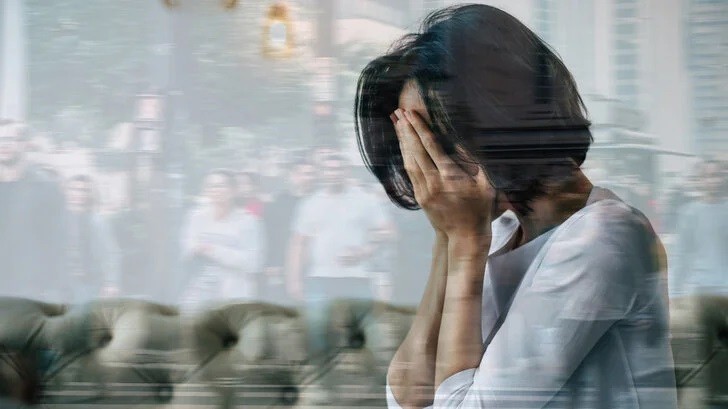

In conclusion, the experiences of Japanese tourists in Paris underscore the importance of cultural sensitivity and empathy in welcoming visitors from around the world. By recognizing and addressing the unique struggles faced by travelers caught in the crossroads of expectation and reality, we can create a more harmonious and enriching environment for cultural exchange and exploration.
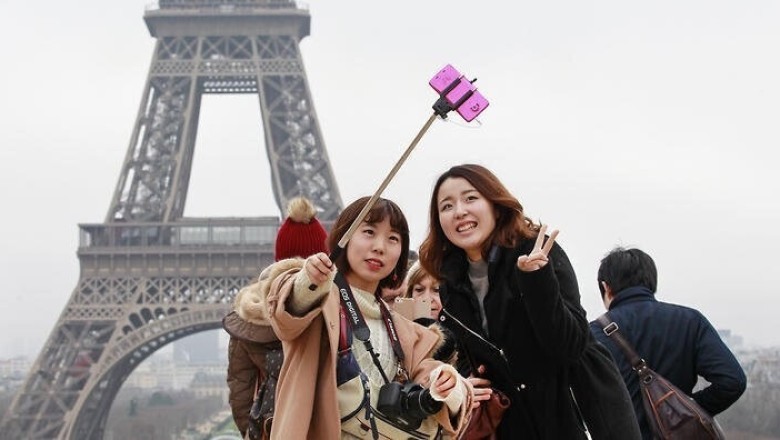

































Comments
0 comment